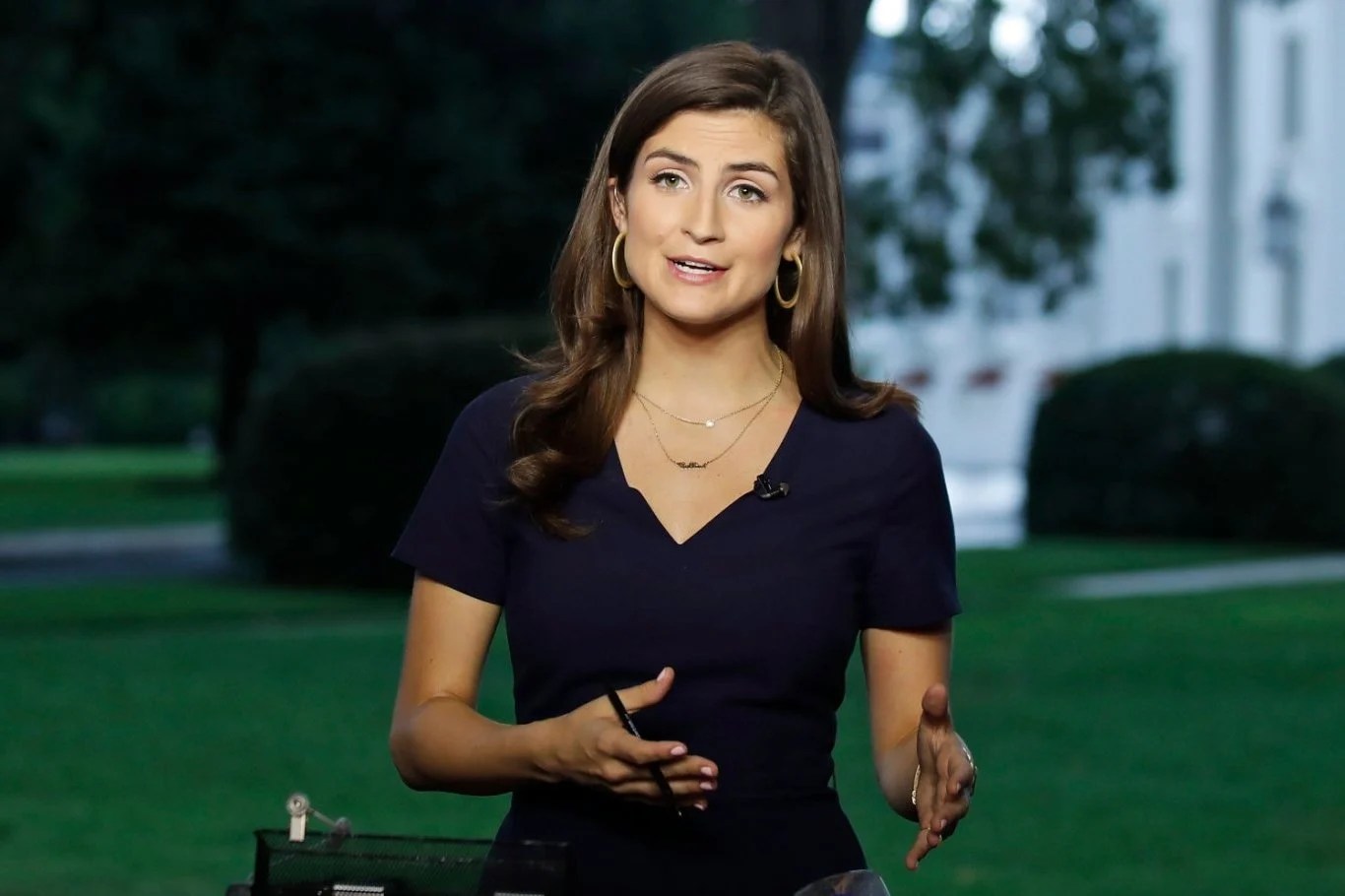Kaitlan Collins: The Controversial Departure From CNN
The media landscape is ever-evolving, and the recent news surrounding Kaitlan Collins has sent shockwaves through the industry. As a prominent journalist, Kaitlan has made significant strides in her career, but her recent firing has raised many questions about the nature of news reporting and the pressures faced by journalists today. This article delves into the circumstances surrounding her departure, the impact on her career, and what it means for aspiring journalists.
In today's fast-paced world, journalists are often scrutinized for their reporting and actions. Kaitlan Collins, known for her sharp questions and insightful commentary, has been at the forefront of political journalism, especially during her time at CNN. However, her recent firing has sparked a dialogue about the role of journalists in political coverage and the consequences of their work. This article will explore the events leading to her dismissal and the implications for her future in journalism.
As we navigate through this complex narrative, it's essential to understand who Kaitlan Collins is and what led her to this moment in her career. The media world is rife with challenges, and her experience serves as a case study for many aspiring journalists. Let's take a closer look at her biography and the details surrounding her career.
Who is Kaitlan Collins?
Kaitlan Collins is an American journalist known for her work as a White House correspondent for CNN. She gained recognition for her assertive interviewing style and her ability to ask tough questions during press briefings. Born on April 7, 1992, in Prattville, Alabama, Collins pursued a degree in journalism from the University of Alabama, where she honed her skills in reporting and media. Over the years, she has become a prominent figure in political journalism, covering significant events and breaking news stories.
Personal Details and Bio Data
| Attribute | Details |
|---|---|
| Name | Kaitlan Collins |
| Date of Birth | April 7, 1992 |
| Birthplace | Prattville, Alabama |
| Education | University of Alabama (Journalism) |
| Occupation | Journalist, White House Correspondent |
| Network | CNN |
What Led to Kaitlan Collins Being Fired?
The circumstances surrounding Kaitlan Collins' firing are complex and have been the subject of much speculation. While the official reasons have yet to be disclosed, several factors may have contributed to her dismissal. Collins has been known for her direct approach, which has sometimes led to friction with political figures and network executives alike. Let's explore some of the potential reasons behind her firing.
Did Controversial Reporting Play a Role in Her Dismissal?
Collins has gained both praise and criticism for her aggressive style of questioning, particularly during the Trump administration. Some believe that her confrontational approach may have crossed the line, leading to tensions within CNN. Critics argue that her reporting could have jeopardized the network's relationships with the White House and other political entities. The question remains: was her style too controversial for the network?
What Are the Implications of Kaitlan Collins Being Fired?
The firing of Kaitlan Collins raises important questions about the future of political journalism. As news organizations strive to maintain credibility and rapport with political figures, the role of journalists may evolve. This situation underscores the challenges faced by reporters in balancing their duty to inform the public while navigating the delicate relationships they must maintain with sources. What does this mean for the future of political reporting?
How Will This Affect Kaitlan Collins' Career?
Following her firing, Kaitlan Collins' career trajectory remains uncertain. As a talented journalist, she may find opportunities elsewhere, but the impact of her dismissal will likely resonate within the industry. Many are left wondering how this event will shape her future endeavors and whether she will continue to pursue a career in political journalism or shift her focus to a different area.
What Can Aspiring Journalists Learn from Kaitlan Collins' Experience?
Kaitlan Collins' journey serves as a valuable lesson for aspiring journalists. The pressures of the industry can be immense, and the fine line between aggressive reporting and maintaining professional relationships is crucial. Future journalists must navigate these challenges with care, understanding the potential consequences of their actions. What key takeaways can emerging reporters glean from her story?
Conclusion: The Future of Journalism in a Changing Landscape
The firing of Kaitlan Collins has prompted a broader conversation about the challenges and responsibilities faced by journalists today. As the media landscape continues to evolve, it is essential for reporters to adapt and find a balance between their duty to inform the public and their relationships with political figures. Kaitlan's experience serves as a reminder of the complexities of journalism and the importance of resilience in the face of adversity. Ultimately, her future remains uncertain, but her impact on the industry will not be forgotten.
Article Recommendations
- John Alvin Actor
- Chip Gaines Heart Attack
- Jessica Aldean Age
- Sophie Rain Naked
- Tyler James Williams Wife
- Scarlett Pomers Married
- Yasmin Bleeth
- Stephen Stills Wife
- Katy Perry
- Recall On Ramen Noodles 2024




